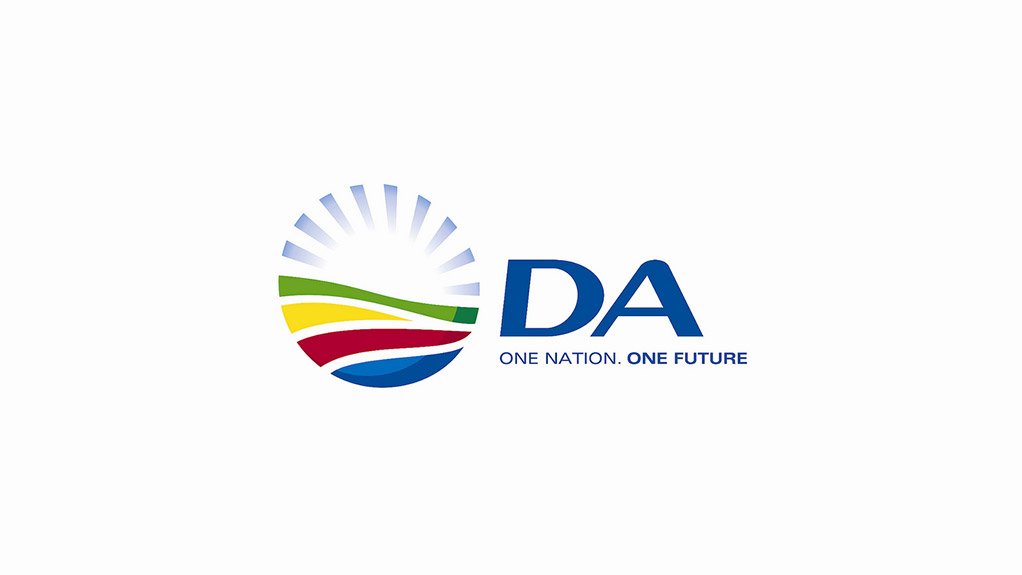The Democratic Alliance (DA) says it has been left with no choice but to take Cooperative Governance and Traditional Affairs Minister Nkosazana Dlamini-Zuma to court over the continued ban on the personal care industry.
The party’s trade and industry spokesperson Dean McPherson filed papers in the Western Cape High Court on Monday after Dlamini-Zuma failed to budge on his ultimatum to provide reasons behind the continued ban, or be taken to court.
Dlamini-Zuma was given until Wednesday last week to respond, but she had not. This, according to the court application, despite her department acknowledging that it had received a letter requesting an explanation behind the decision.
Last week, in a legal letter by Minde Schapiro and Smith attorneys, the DA complained that the government had not provided any evidence to support its stance.
It requested that the minister explain which Cabinet member was responsible for issuing the directions in terms of Item 7 in Table 2 of the amended disaster management regulations, which speaks to the continued ban of hairdressing, beauty treatments, make-up and nail salons, and piercing and tattoo parlours.
It also asked for timelines as to when the prohibition would be lifted, the criteria to be used by the relevant minister when lifting the ban on personal care services, as well as the criteria used when the government decided to allow for religious gatherings to resume.
McPherson, in an application with Palladium Hair Company - a hair services company based in Greenpoint, Cape Town - asked the court to declare the amended disaster management regulations unconstitutional and unlawful.
"The blanket ban on the personal care services industry operating is irrational, arbitrary and unreasonable," they argue in the court application.
'State has failed'
They further argue that the industry is made up of small businesses, which employ hundreds of thousands across the country who have been barred from earning a living. This in spite of numerous sectors of the economy being reopened, along with religious gatherings and professional sports.
The application lists schools, flea markets, domestic travel and restaurants being opened for delivery and take-away services as some of the sectors being opened which would necessitate people working in close proximity with one another.
"The state has failed to provide any concrete indication as to whether these directions will be issued, who is responsible for issuing them and when (if ever), they will be issued."
The high court application makes similar arguments to the DA’s own Constitutional Court bid questioning some aspects of the DMA.
They complained that, through the Act, Parliament was not allowed to delegate its legislative powers, and that decisions relating to the prohibition of certain industries, businesses and occupations should lie with democratically elected legislatures and not the executive.
"The Cogta minister has purported to exercise authority vested in her by Section 27 (2) of the Disaster Management Act so as to indefinitely ban the operation of an entire industry," argued McPherson and Palladium Hair.
The two also made an economic case for the application, citing research, which showed that South Africa had "approximately" 40 000 salons, some of which were unaccounted for as they were in the informal sector, and that most were small or small-to-medium enterprises, with most of the people working being semi-skilled women.
"No discernible decision appears to have been taken by the Cogta minister or any other minister for that matter... that it is unsafe for the personal care services industry to return to work under Level 3,” they argued.
The two parties added that the government had not communicated which criteria were used to make this determination or justify it, in spite of the request from the DA.
EMAIL THIS ARTICLE SAVE THIS ARTICLE
To subscribe email subscriptions@creamermedia.co.za or click here
To advertise email advertising@creamermedia.co.za or click here











